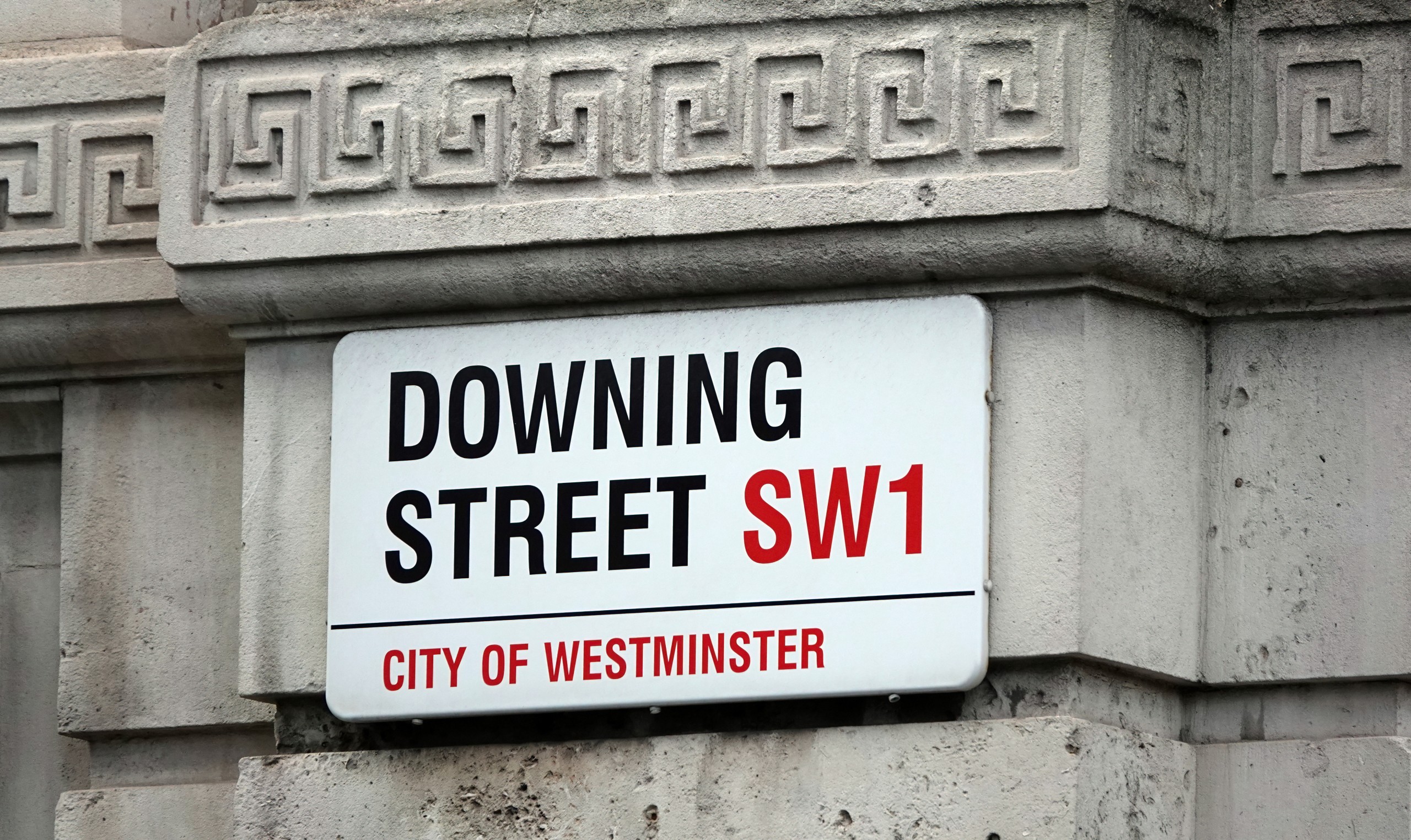
With Sir Keir Starmer’s Labour party now in power, the Institute of Chartered Accountants in England and Wales (ICAEW) and other bodies have suggested the key areas that they advise and expect the new government to address from an accountancy perspective. Here is a summary of the main points:
1. Audit and Corporate Governance Reform
- Priority Action: Establish the Audit, Reporting and Governance Authority (ARGA) as a new statutory regulator.
- Enforcement Powers: Empower ARGA to take effective enforcement action against directors of UK public interest entities.
- Objective: Enhance the UK’s reputation as a reliable destination for investment and reduce the risk of unexpected business failures.
2. Clearing the Audit Backlog
- Legislation: Introduce laws to set backstop dates for outstanding audited accounts.
- Local Councils: Address the backlog, with three-quarters of English councils over a year behind in publishing financial statements.
- Benefits: Ensure accountability, transparency, governance, and assurance in public sector finances.
3. Business Rates Reform
- System Update: Reform business rates using data and technology.
- Goals: Make the system more efficient and eliminate disincentives for productive business activities.
- Impact: Boost investment and stimulate economic growth.
4. Sustainable Finance Market
- Green Finance Leadership: Position the UK as a global leader in green finance.
- ISSB Standards: Endorse International Sustainability Standards Board (ISSB) reporting standards.
- Green Taxonomy: Introduce a green taxonomy to support sustainable investment and combat greenwashing.
5. Industrial Strategy
- Public-Private Cooperation: Develop a comprehensive industrial strategy to unlock growth potential.
- Support for SMEs: Provide a clear plan to support small and medium-sized enterprises (SMEs), focusing on issues like late payments.
- Economic Growth: Enhance cooperation between the public and private sectors to drive innovation and economic development.
Immediate Steps and Longer-Term Goals
- First 100 Days: Prioritise audit and corporate governance reforms, clear the audit backlog, and begin business rates reform.
- Long-Term Vision: Establish the UK as a green finance leader and deliver on the promised industrial strategy, ensuring robust support for SMEs and broader economic growth.
Key Statements
- John Boulton, ICAEW Director of Policy: Emphasised the importance of reliable and trusted reporting for economic stability and urged swift legislative action to create and empower ARGA.
- ICAEW’s Position: The Institute of Chartered Accountants in England and Wales (ICAEW) strongly supports these reforms, highlighting their potential to enhance investor confidence and economic stability.
Tax Policy Under the New Labour Government
The Labour government, under the leadership of Prime Minister Keir Starmer, unveiled their tax strategy in stages over the last two years.
Aimed at closing the tax gap and fostering economic stability, the central part of their strategy is the commitment to tackling tax avoidance, with a target of raising an additional £5 billion annually. Shadow Chancellor Rachel Reeves, has emphasised the importance of certainty and stability in the tax system for business confidence. Labour has pledged to maintain the corporation tax rate at 25%, the lowest in the G7, throughout the next parliament, ensuring businesses can plan their investments with confidence.
In addition, Labour plans to introduce a single annual autumn budget and publish a business taxation roadmap within the first six months of its term, providing clarity and predictability for the duration of the parliament. High-profile tax reforms include ending the VAT and business rates exemptions for private schools, abolishing non-dom tax rules while accommodating short-term foreign residents, and imposing higher stamp duty surcharges on overseas property buyers to fund infrastructure projects.
Labour intends to implement a “proper” windfall tax on energy companies, enhancing existing levies to ensure fair contributions from the sector. Tech giants will also face measures to ensure they pay their fair share of taxes, likely aligning with OECD initiatives. Labour’s tax agenda aims not only to increase revenues but also to create a more equitable and transparent tax system, laying a solid foundation for sustainable economic growth.
All information in this article should be considered general and not advice from the K2 Group. For further information on how the result of the general election and the new Labour government will affect your business, contact us directly.
Latest Articles
Autumn 2025 BudgetUpcoming Changes to UK Audit Regulations: What You Now Need to KnowEU Implements New Digital Measures for VAT Compliance. Growing Pains Ahead?International Trade Week Presents New Opportunities and Training for BusinessesBudget 2024 Summary: Key Tax Changes and Challenges for Businesses and Individuals
